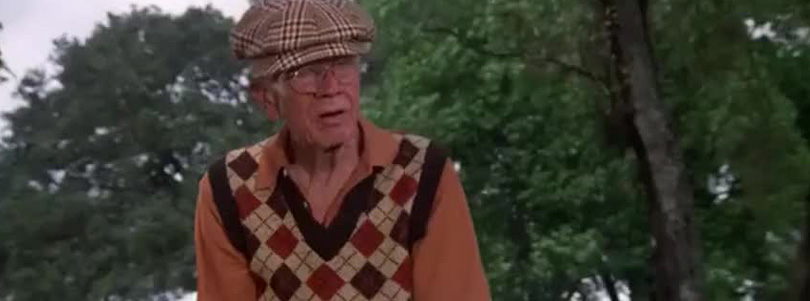Golf Science – Ageless Wonders

Could playing golf aid your efforts to live longer?
By Kiran Kanwar
“The first person to live to 150 years has already been born,” claims Dr. David Sinclair, co-director of a laboratory on aging at Harvard Medical School. And this idea may not be very far-fetched as it is known that humans are living longer, healthier lives because of the improvement, over the past century or so, in medicine and sanitation. Sinclair adds that, “Economists are correct in saying that as long as people are healthy, society becomes wealthier,” but he still wonders about the boom in baby-boomers, “What are we going to do with them?”
A great response to Sinclair’s question might be, “get them to play golf!” although some might doubt the wisdom of such advice for people in their 60s, 70s and 80s who still have “golf” on their bucket lists. This whimsical question is what led Dr. George Salem, Associate Professor in the University of Southern California’s Division of Biokinesiology & Physical Therapy to wonder if indeed it was too late for an older adult to safely take up golf. Having himself only taken up golf in his mid-50s, he was fascinated by the idea of golf being a “regular physical activity” that might improve older individuals’ strength, flexibility and balance while also enhancing their social and cognitive well being.
Not willing to let any grass grow under his feet (which golfer would!), Dr. Salem proceeded to do some fund-raising while looking around for a big sponsor. He started a study on military veterans, which not only helped him gain an insight into golf research for seniors, but also gave two of his PhD students – Andrea Du Bois and Nicole Marcione – unique data for their dissertations. The study demonstrated that senior veterans can safely learn and enjoy the game, improve their fitness and walking, and increase their cognitive capabilities.
What next? With grant funding from the R&A (Royal and Ancient), which, along with the USGA, is a governing body for golf worldwide, Dr. Salem and a new batch of students are now in the process of studying non-golfers from the local Los Angeles community as part of the Golf for Healthy Aging (GHA) initiative. Jared Moore and Karen (Hyun Ji) Lee are two masters’ students involved in the new project, and Avani Vasireddy an undergraduate sophomore. Not only will these students learn the entire gamut of biomechanical principles through this project, it will hopefully give them an abiding interest in golf and an understanding of how it might benefit older adults. This study is a multi-center one, also involving Dr. Maria Stokes, Professor of Musculoskeletal Rehabilitation, Faculty of Health Sciences, University of Southampton UK, who is examining existing golfers in the UK.
Participants in the GHA study are subjected to a battery of tests before and after a ten-week, twice-weekly, golf training program which is being conducted by PGA professional Kevin Norwall at the Monterey Park Golf Course in East Los Angeles. Aside from the free golf lessons, participants also receive a set of golf clubs, a golf bag, golf trolley and other paraphernalia to keep. This is an important factor in reducing the threshold of intimidation most people feel when first attempting to figure out how to go on an adventure termed “golf”.
While most golf instruction programs focus on junior golfers, one golf course owner, Judge Tinker, is a firm believer that golf courses, golf businesses and golf instructors are chasing the wrong end of the stick (club?). He should know because he buys and turns around failing golf courses, and conducts statistical research on the causes of why that happens and what might be a better approach. The business of golf would be better served, according to Judge, by introducing golf to non-golfer older adults and by help existing senior golfers to enjoy their game more. It will thus be extremely interesting for the world of golf, and for older adults in particular, to understand how playing golf and having a good time can at the same time work wonders for a person’s body and brain.



